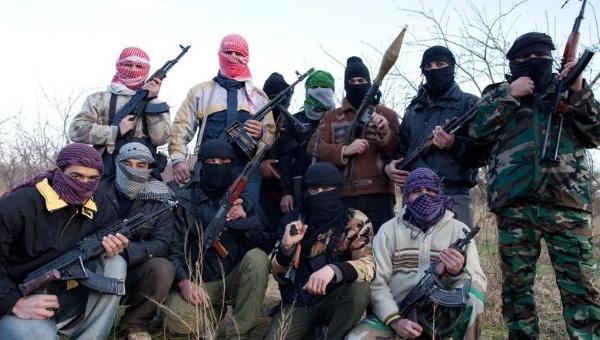The government of Bashar al-Assad in Syria has collapsed following a rapid offensive that lasted just over a week. For the powers that intend to control the new Syria, the fall of Assad is a hopeful moment, but the path to stability under the new leadership remains uncertain.
Experts say Russia was as surprised as everyone else by how quickly the Syrian army collapsed. The jihadist groups that have overthrown Assad have been united primarily in their opposition to the leadership but are backed by external actors with divergent agendas. This raises significant questions about the future governance of Syria.
”Are they agreeing on how Syria should be governed and who should govern it? It remains to be seen whether these groups will keep to their corners of the country with the territory they have, coexist, or attempt to subjugate each other,” according to Rouzbeh Parsi, head of the Middle East and North Africa Program at the Swedish Institute of International Affairs (UI).
From a strategic perspective, Iran appears to be the most concerned, having invested significant resources and prestige in maintaining Assad’s rule.
”Syria is the oldest ally Iran and the Islamic Republic have had. With this development, Iran’s land corridor to Lebanon is at risk, which would significantly weaken Hezbollah at a time when they are already vulnerable,” Parsi explained.
The geopolitical landscape has been volatile for the past 18 months, as noted by Emre Akcakmak, a portfolio manager and head of frontier markets at the investment firm East Capital, the Swedish finance channel DI.se writes.
However, despite the regional instability, oil prices have remained relatively stable, according to Parsi. This indicates a cautious approach by regional powers to avoid escalation that could disrupt global trade and economic ties.
Akcakmak added:
”There is no interest in pushing the situation towards an irreversible escalation. But with Donald Trump taking office in January, things could become more complicated.”
The stock and currency markets in the region have shown resilience. DI writes that currency tied to the dollar and supported by reserves contributes to stability alongside strong economic growth.
Other sources echo a sentiment of cautious optimism, focusing on national sovereignty and the unity of the Syrian state in the face of this significant political shift:
- Syrian Arab News Agency (SANA) portrayed the fall of Assad as a moment for Syrians to redefine their future, focusing on the liberation from what it describes as Western-backed opposition forces rather than the loss of a leader.
- Al-Watan emphasized the resilience of the Syrian people and the potential for a new government to emerge that respects Syrian sovereignty and unity.
- Al-Thawra highlighted the need for national unity and cautioned against foreign interference in the wake of the regime’s fall.
Sources
- Syrian Arab News Agency (SANA)
- DI.se: Uncertainty about Syria’s future – “better to run than to hide”
- Swedish Institute of International Affairs (UI)
- Al-Watan
- Al-Thawra
- Rouzbeh Parsi, UI’s Middle East and North Africa Program


